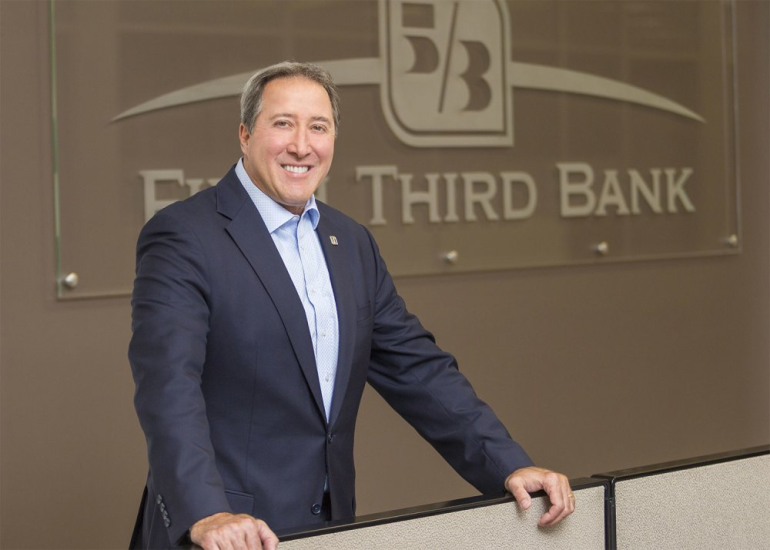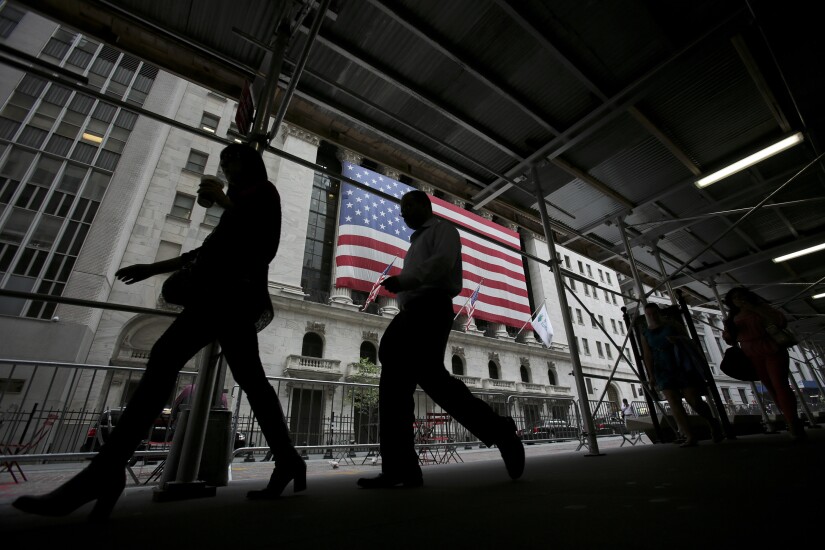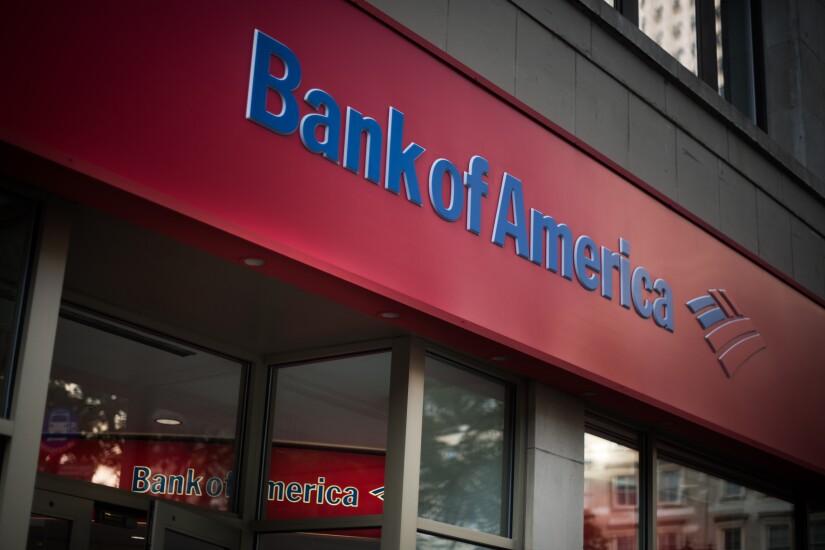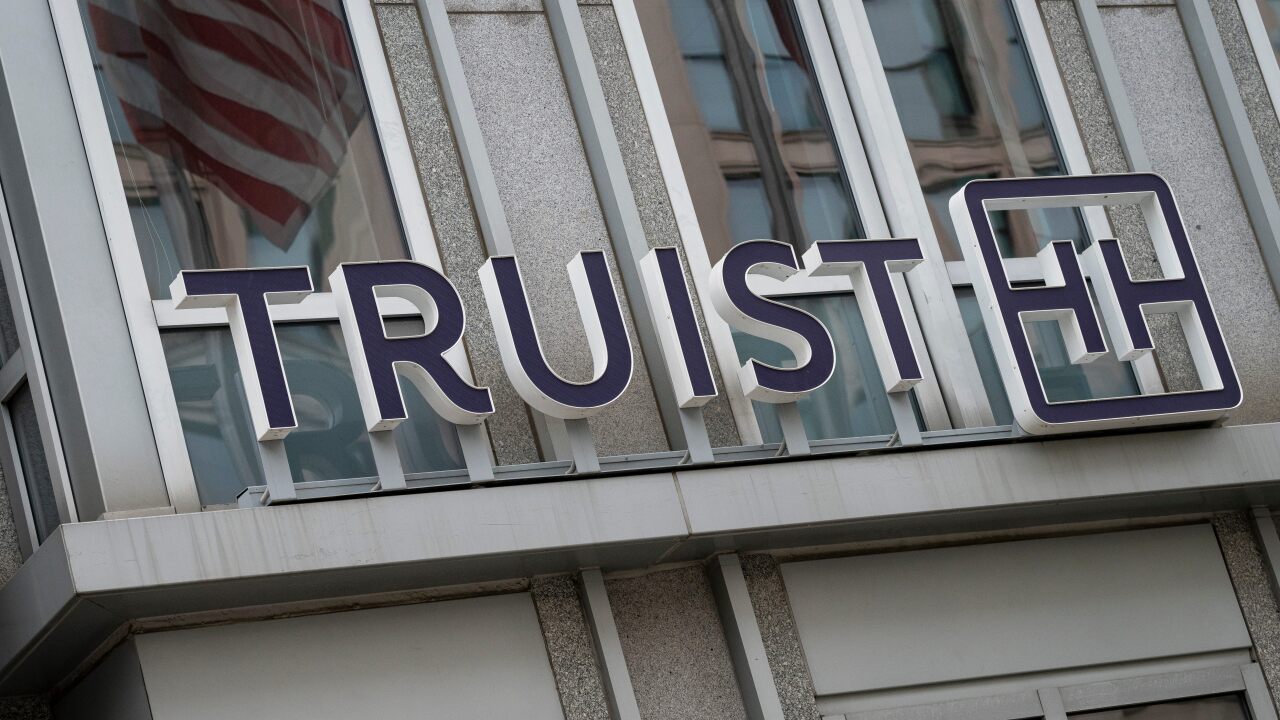In March's roundup of American Banker's favorite stories: How rising interest rates took community banks by surprise, small banks and credit unions react to the collapse of Silicon Valley Bank, ex-Wells Fargo executive Carrie Tolstedt faces potential jail time and more.

The Most Influential Women in Payments, 2023
This year's Most Influential Women in Payments honorees are uniquely positioned to make the most of this change, as well as other disruptive factors such as the advancement of artificial intelligence, central bank digital currencies and more.
This year's honorees also know the value of an unconventional work history. Some of them came from outside of the payments and banking industries.
"It's been said more than once that you can't get a degree in payments, so all of us have had to learn the ropes in payments along the way at some point in our careers," said Kara Kazazean, vice president of financial services for Walmart's Sam's Club.

Regulators shut Signature Bank, pick industry veteran to run bridge bank
The shutdown of Signature by its state-chartering authority marks the second U.S. bank in three days to be closed by regulators, following the
The New York State Department of Financial Services took possession of Signature "in order to protect depositors," the department said in a press release. The FDIC, which was appointed receiver of the bank, said that it has transferred all of Signature's deposits and "substantially all" of its assets to Signature Bridge Bank, which will be operated by the FDIC as a full-service bank while the regulator attempts to "market the institution" to potential buyers.

How interest rate risk sneaked up on dozens of community banks
Dozens of other banks — most of them quite small — are deeply underwater on their bond investments and could hit trouble if they were unexpectedly forced to liquidate the investments. That's according to an American Banker analysis of regulatory filings by the country's more than 4,700 banks.
Many experts say there is very little risk that those unrealized losses could ever turn into a problem, given the many options available to banks and regulators' focus on avoiding that type of scenario. The losses, a result of banks' bonds losing their value when interest rates rose, remain "unrealized" and only theoretical. They would only cause trouble if a bank needed cash and was forced to sell the bonds early for less than it bought them, thus making the losses real.

Banks tap Federal Home Loan Bank System for $90 billion in liquidity
Demand for liquidity from the Federal Home Loan Bank System skyrocketed on March 13, prompting the system's Office of Finance to raise a record $88.7 billion through the sale of short-term, floating rate notes — the system's largest debt issuance in a single day, reflecting the need for liquidity by community and regional bank members.
The largest banks were not tapping the Home Loan banks, experts said, largely because they have been the beneficiaries of depositors that have moved their money to large banks after being spooked by bank failures.

Four questions, many answers: What banks need to know about Silvergate
The state-chartered Silvergate's voluntary liquidation will allow the La Jolla, Calif.,-based bank to wind down its operations, sell remaining assets and pay off its depositors. The process is being monitored by California's Department of Financial Protection and Innovation.
Among the many lessons to be learned from Silvergate's collapse is that a liquidity crunch can quickly engulf a bank, particularly if management makes the wrong bet on interest rates, experts said. Silvergate's monoline business model was concentrated in the crypto industry, where the risks and correlated aftershocks were not fully understood.

Small banks, credit unions work to quell panic after Silicon Valley Bank fails
Silicon Valley Bank's outsized deposit
Small institutions with different business models do not have such risky exposure, executives said.
"It's just a totally different situation," Alabama Credit Union President and CEO Steve Swofford said in an interview.

Ex-Wells Fargo executive Carrie Tolstedt agrees to guilty plea
The plea agreement could lead to prison time for Tolstedt — a rare outcome for a high-ranking big-bank executive accused of wrongdoing. The deal calls for a sentence of up to 16 months behind bars, the U.S. Attorney's Office in the Central District of California said in a press release.
The charge of obstructing a bank examination relates to Tolstedt's participation in the preparation of a May 2015 memo, which was to be provided to the Office of the Comptroller of the Currency. Around that time, the Los Angeles City Attorney's Office filed suit against Wells, and the bank's regulators were scrambling to assess the extent of the fake-accounts problem.

Businesses allege Bank of America pressured them to take out bigger PPP loans
In a suit that seeks class-action status, three small businesses accused BofA of marketing Paycheck Protection Program loans to firms that used independent contractors on the basis that the debt would be forgiven by the U.S. Small Business Administration.
The PPP's guidelines excluded compensation paid to independent contractors — sometimes called 1099 workers, a reference to the tax form used to report payments they receive — in calculating loan amounts. Independent contractors had a separate way to apply for PPP support.
"Bank of America knew, or should have known, that the SBA would only approve forgiveness of loans to business owners that used PPP loans to pay retained employees, not 1099 employees," the businesses allege in their complaint.

Did VCs and Twitter trolls help take down Silicon Valley Bank?
"I'd like to formally thank my peers in the venture community whose stellar leadership over the past 48 hours triggered a run on deposits at Silicon Valley Bank, ultimately toppling one of the most important institutions in our ecosystem," Brad Svrluga, co-founder and general partner at Primary Venture Partners, tweeted.
He acknowledged that the bank made some big mistakes, including major missteps in communications as its balance sheet crisis grew, in his tweets.
"However, the ultimate failure was from the hysterical urging on social media of VCs who undermined our shared ecosystem," he said. "It has been a stunning failure of leadership. And I won't even get started on the fact that some of these VCs had neobank portfolio companies that stood to benefit directly from SVB's failure."

Neobanks report a windfall of new clients in wake of SVB shutdown
"Right now, we're overwhelmed with inbounds for companies looking for a place to park their cash," wrote Brandon Arvanaghi, CEO of business banking platform Meow, on March 9.
"Since my DMs + emails are going a little crazy and I can't give the same level of personal service as I normally do. If you want to get a Mercury bank account quickly please use this link and we will try to prioritize. Though normal signups is also fast!" tweeted Immad Akhund, CEO of
"We (@mercury) have already onboarded 2x more customers today than we do on a normal weekday!" he added the next day.





